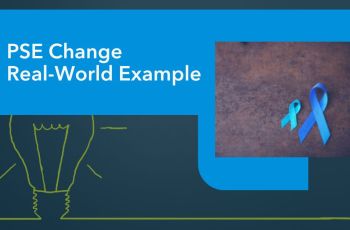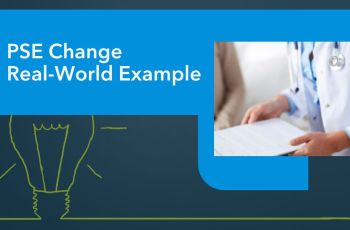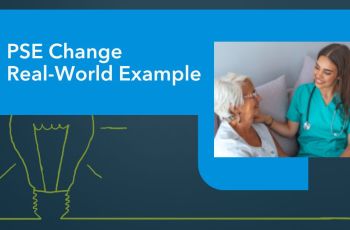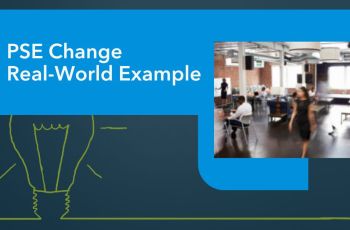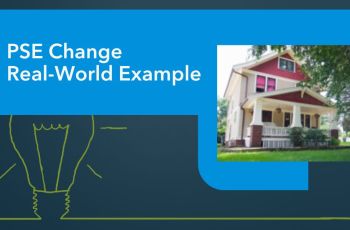This work was supported by Cooperative Agreement #NU58DP007539-01 from the Centers for Disease Control and Prevention (CDC).
News
The National Cancer Plan (2023) provides a comprehensive framework for this meaningful collaboration and unites us in acting on the vision President Biden and First Lady Biden set out in the Cancer Moonshot℠ to end cancer as we know it.
This archived presentation suggests that one-size-fits-all clinical trials are not going to capture the diversity that researchers need to represent the world where it is now, and more importantly, where it will be in the future.
"State of the Air" grades counties and ranks cities and counties based on their scores for ozone, year-round particle pollution and short-term particle pollution levels.
Use the Environmental Justice Dashboard to explore data on environmental exposures, community characteristics, and health burden — factors important to understanding and addressing environmental justice issues.
This blog post addresses results from a new study that add to the evidence that programs aimed at reducing the financial burden of cancer treatment can save money and improve the quality of life of people with cancer and their loved ones.
Due to high rates of colorectal cancer (CRC) incidence and low screening rates in Kentucky, the Kentucky Cancer Consortium launched a focused initiative to improve CRC screening rates in the state.
In Kentucky, colorectal cancer was the second-leading cause of cancer death; incidence rates were also high. The work of the Kentucky Cancer Consortium over 5 years resulted in the legislatively established Kentucky Colon Cancer Screening Program.
The Palliative Care Program at the University of Kansas Hospital implemented institutional and statewide End-of-Life Nursing Education Consortium Training to increase cancer patient access to palliative and end-of-life care.
To support increased cancer screening, the Indiana Cancer Consortium developed a certification program, recognizing workplaces that implement policies supportive of cancer prevention, such as age- and risk-appropriate cancer screening and early detection.
The Iowa Cancer Consortium worked with numerous partners to raise awareness of radon, provide radon testing and mitigation services, and identify community-based resources for low-income residents.
